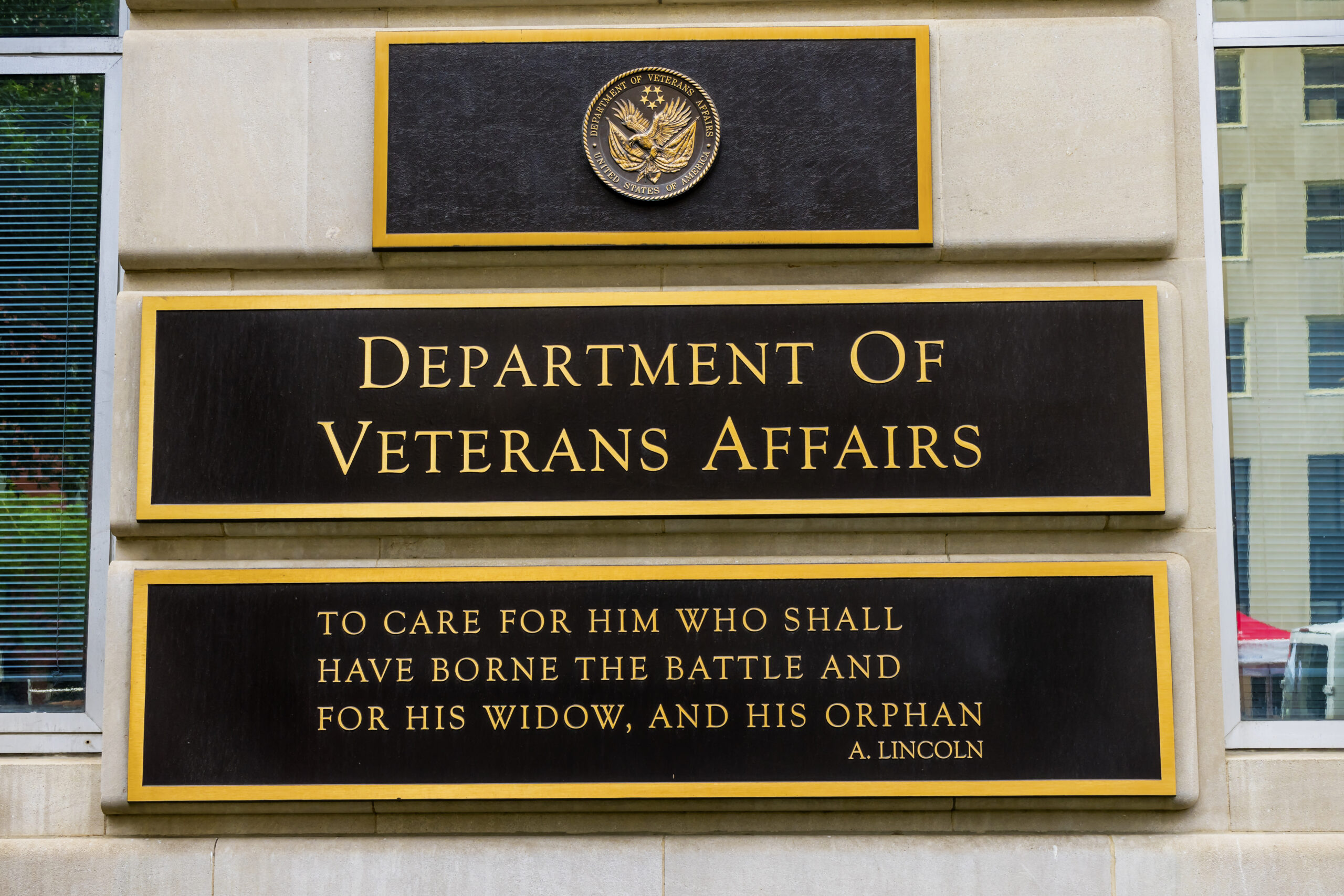Connect with us
Published
6 months agoon

Veterans could soon obtain a medical cannabis recommendation through doctors in the U.S. Department of Veterans Affairs (VA), as the Senate recently (and overwhelmingly) approved a bill including a provision on the issue. It’s the most recent step in an ongoing fight to provide veterans better access to cannabis medicine.
Earlier this week, the Senate approved the Military Construction, Veterans Affairs, and Related Agencies (MilConVA) measure, which included the cannabis amendment from Sen. Jeff Merkley (D-OR). It was part of a “minibus” package of three spending bills on Wednesday, and the bill was passed in a 82-15 vote, Marijuana Moment reports.
The provision matches another version passed by the House about three months ago. The House’s MilConVA bill included an amendment sponsored by Rep. Brian Mast (R-FL) and other members of the Congressional Cannabis Caucus and would similarly give VA doctors the power to recommend medical cannabis to veterans in need.
While both the House and Senate proposals have the same aim, they contain distinct language. Therefore, the issue will need to be reconciled through a bicameral conference committee or negotiated by House and Senate leaders. Once the two chambers reach a consensus, the final bill can be sent to the president who will decide whether or not to enact the law.
The issue of granting VA doctors the clearance to recommend medical cannabis to vets previously went through a similar journey back in 2016, as both chambers passed different versions of a VA cannabis amendment in their respective appropriations bills. Though, in that instance, the issue was completely stripped out of the final deal ultimately signed into law.
The provision passed by the Senate states that none of the funds appropriated or made available to the VA in this act can be used in a manner that would interfere with a veteran’s ability to participate in a state-approved medical cannabis program, deny any services from the VA to a veteran who is participating in such a program or limit or interfere with VA healthcare providers’ ability to make “appropriate recommendations, fill out forms, or take steps to comply with such a program.”
The House’s version similarly begins that none of the funds appropriated or made available to the VA in that act can be used to enforce Veterans Health Directive 1315 as it relates to a number of directives:
“(1) the policy stating that ‘VHA providers are prohibited from completing forms or registering Veterans for participation in a State-approved marijuana program’;
“(2) the directive for the ‘Deputy Under Secretary for Health for Operations and Management’ to ensure that ‘medical facility Directors are aware that it is VHA policy for providers to assess Veteran use of marijuana but providers are prohibited from recommending, making referrals to or completing paperwork for Veteran participation in State marijuana programs’; and
“(3) the directive for the ‘VA Medical Facility Director’ to ensure that ‘VA facility staff are aware of the following’’[t]he prohibition on recommending, making referrals to or completing forms and registering Veterans for participation in State-approved marijuana programs’.”
In a Wednesday press release, Senate Appropriations Committee Chair Patty Murray (D-WA) pointed to the need to start conferencing the appropriations bills.
“That will require House Republicans to get serious about governing, get back to the spending agreement they negotiated, and work with us to finalize bipartisan bills that meet this moment and address the needs of our families,” Murray said. “But it’s critical that happens—because we don’t have time to waste.”
Earlier this year, Mast and Rep. Earl Blumenauer (D-OR) also introduced a standalone bill that would achieve the same policy outcomes as the amendment.
“I cannot tell you how many times I’ve visited VA clinics and had veterans tell me that medical marijuana saved their life,” Blumenauer said at the time. “This legislation is a long overdue step that will benefit millions of our veterans who deserve equal access as their civilian counterparts to state-legal marijuana programs.”
This issue is nothing new and has been brought up a number of times over the past several years, with bipartisan support, though it has yet to be enacted.
In an updated directive from August of this year, Biden also maintained the prohibition of VA doctors recommending medical cannabis to veterans, all despite a recent survey of veterans using cannabis who reported improved quality of life and reduced prescription drug use, including opioid medications.


Study Reveals State Cannabis Legalization Lowers Immigrant Deportation


DEA Challenges Bid To Use Psilocybin Under ‘Right To Try’ Legislation


Vegans Rejoice as Farmers Switch from Chickens to Hemp


Louisiana Legislative Committee Unanimously Passes Adult-Use Cannabis Framework Bill


Louisiana House Bill to Regulate Hemp Products Advances Along With Senate Bill to Ban


Cresco Labs Workers Reportedly De-Unionize
